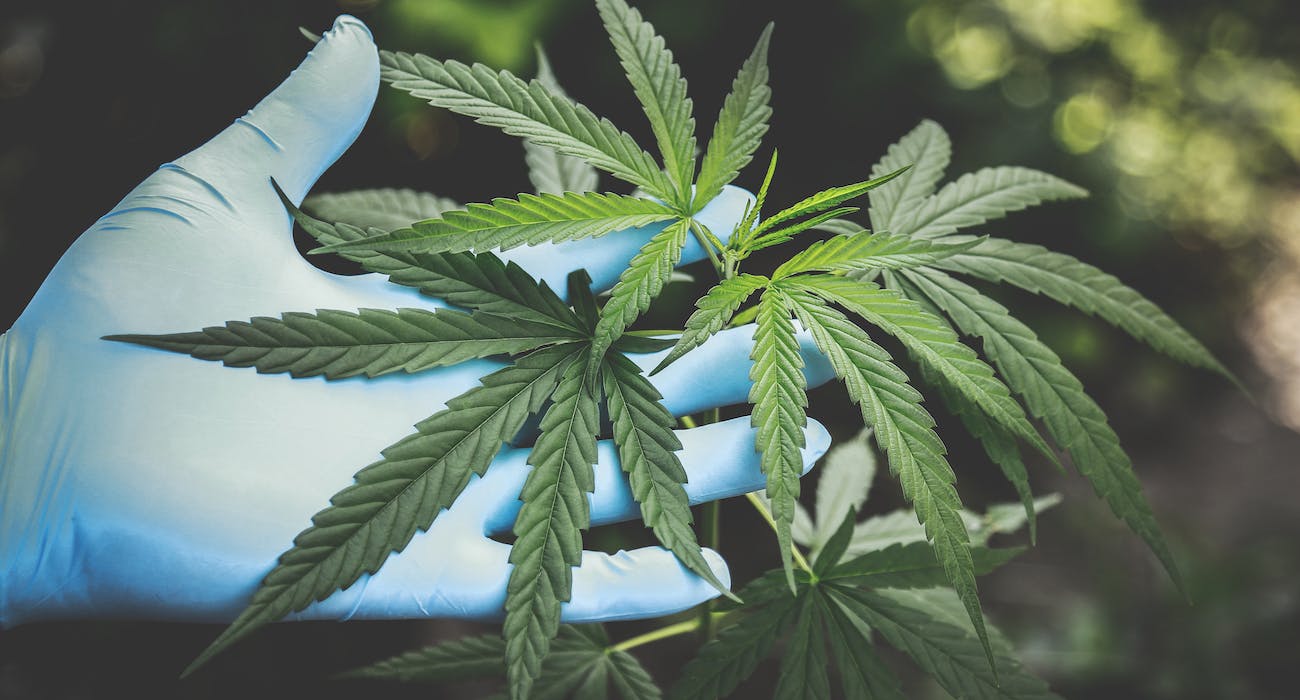Author: Nicholas Thompkins
Introduction
Post-traumatic stress disorder (PTSD) is a mental health condition that affects millions of individuals worldwide. While traditional treatment approaches have been effective for many, emerging research suggests that cannabis may play a significant role in alleviating symptoms associated with PTSD. This article explores the potential benefits of cannabis in treating PTSD and examines the scientific evidence supporting its use.
Cannabis and PTSD
Understanding the Connection: Cannabis has been used for centuries for its medicinal properties, and recent studies have shed light on its potential therapeutic effects on PTSD. The endocannabinoid system (ECS), a complex network of receptors in the body, is involved in regulating various physiological processes, including stress response, anxiety, and fear. The cannabinoids found in cannabis, such as tetrahydrocannabinol (THC) and cannabidiol (CBD), interact with the ECS, leading to a wide range of effects on the body and mind.
Reducing Hyperarousal and Anxiety
One of the hallmark symptoms of PTSD is hyperarousal, characterized by exaggerated startle response, irritability, and persistent anxiety. Cannabis, particularly strains high in CBD, has shown promise in reducing anxiety levels and promoting relaxation. A study published in the Journal of Psychopharmacology found that CBD administration significantly reduced anxiety in individuals with social anxiety disorder, suggesting its potential efficacy in managing PTSD-related anxiety symptoms.
Nightmares and Sleep Disturbances
PTSD often leads to nightmares and disrupted sleep patterns, contributing to the overall distress experienced by individuals with the condition. Studies have shown that cannabis may help alleviate sleep disturbances associated with PTSD. THC, known for its sedative properties, can aid in initiating and maintaining sleep. Additionally, a study published in the Journal of Clinical Sleep Medicine reported that synthetic cannabinoids reduced nightmare frequency in patients with PTSD, providing evidence of their potential as a treatment option.
Fear Extinction and Memory Modulation
PTSD is characterized by the persistent recall of traumatic memories, leading to distress and avoidance behaviors. Emerging research suggests that cannabis may play a role in fear extinction and memory modulation, offering a potential avenue for PTSD treatment. Animal studies have demonstrated that cannabinoids can facilitate the extinction of fear memories and prevent their reconsolidation, indicating their potential in reducing the emotional impact of traumatic experiences.
Challenges and Considerations
While the potential benefits of cannabis in treating PTSD are promising, several important considerations must be acknowledged. The psychoactive properties of THC may lead to unwanted side effects, such as increased anxiety or cognitive impairment, particularly at higher doses. Moreover, individual responses to cannabis can vary, and what works for one person may not be effective for another. It is crucial to consult with a healthcare professional knowledgeable about cannabis use for PTSD to determine the appropriate strain, dosage, and administration method.
Conclusion
As research in the field of cannabis and PTSD continues to expand, the potential therapeutic benefits of cannabis in managing PTSD symptoms are becoming increasingly evident. From reducing anxiety and improving sleep to modulating fear responses and traumatic memories, cannabis holds promise as an adjunct or alternative treatment for individuals with PTSD.
However, further clinical trials and long-term studies are necessary to fully understand its efficacy, safety, and optimal usage guidelines. As always, individuals should consult with healthcare professionals before incorporating cannabis into their treatment plan for PTSD.
Works Cited:
- Blessing, Esther M., et al. "Cannabidiol as a Potential Treatment for Anxiety Disorders." Neurotherapeutics, vol. 12, no. 4, 2015, pp. 825-836.
- Jetly, Rakesh, et al. "The Efficacy of Nabilone, a Synthetic Cannabinoid, in the Treatment of PTSD-Associated Nightmares: A Preliminary





0 Comments